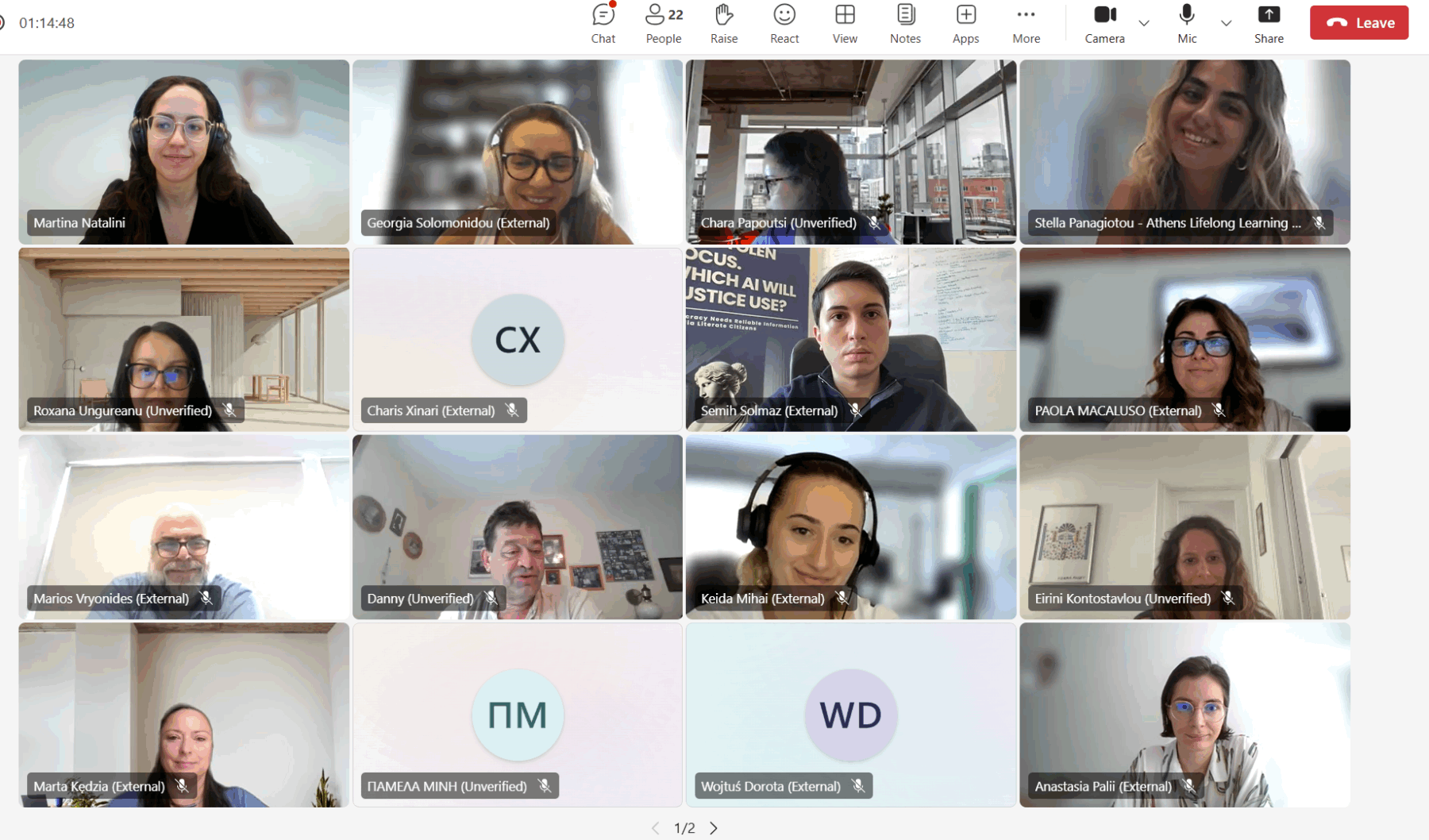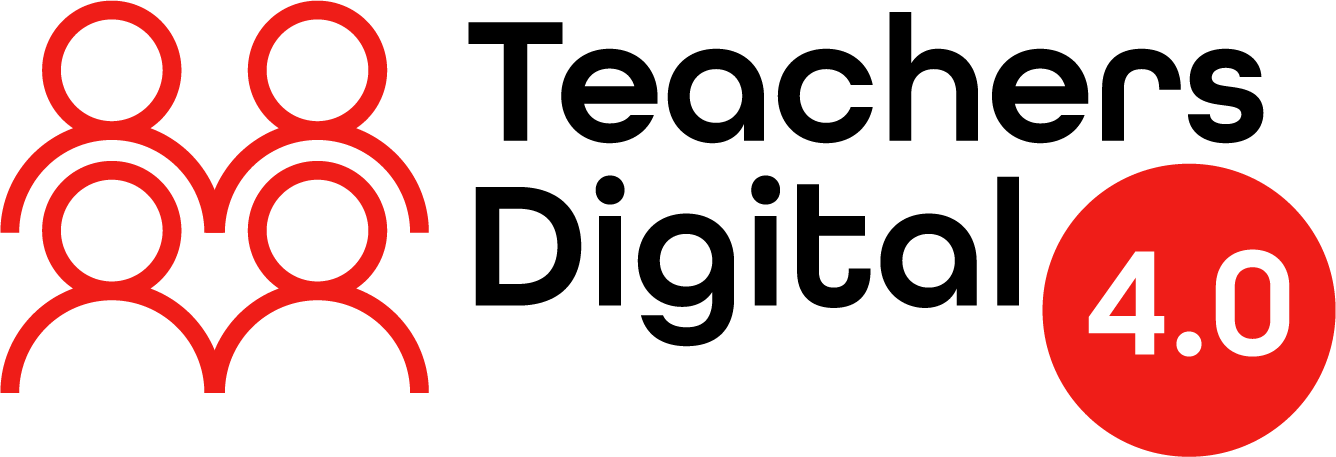
For the past 18 months, 34 established academics from 9 European universities and institutions have been developing an exclusive and thorough university course entitled Tackling Disinformation and Promoting Digital Literacy through Education and Training. The course results from a coordinated initiative carried out by a consortium as part of a large-scale, European co-funded project and is available in six European languages (EN, GR, IT, BG, RO, PT).
The course is in line with the European Commission Guidelines for Teachers and Educators on Tackling Disinformation and Promoting Digital Literacy and promotes teachers’ understanding of how digital literacy can be achieved. It also helps them engage young people with effective ways to assess information and identify disinformation. Its goal is to equip pre-service teachers with the competence to promote an understanding of digital media literacy and to enable them to engage young students with effective methods to evaluate information and distinguish between disinformation, misinformation, malinformation, and similar challenges.
The course has already been implemented at the West University of Timișoara with a total of 53 students thus far. WUT organised the first course during the second semester of the 2024–2025 academic year.
Sofia University ran three courses during the spring term of the 2024–2025 academic year. The course was offered to students enrolled in the Master’s Degree Programme in Educational Sciences, recruiting 95 students to date.
So far, four courses have been implemented within the Teacher 4.0 project at the University of Łódź with a total of 164 students actively participating. The course was offered to students enrolled in the Master’s Degree Programme in Educational Sciences. It was delivered as part of two curricular subjects: Sociology of Education and Digital Media (attended by 55 students) and Sociology of Childhood and Digital Media (attended by 99 students).
Last but not least, the National and Kapodistrian University of Athens has implemented the course as a hands-on, laboratory-based module with 55 students.
A survey questionnaire was developed by the National and Kapodistrian University of Athens to collect feedback from all participating students across the universities implementing the course. University students from all the above countries appear to be very enthusiastic and satisfied with the T4D course (more detailed information will be shared following the analysis of results, with all 1,050 students expected to be recruited by the end of the spring semester 2026).
The consortium continues to hold monthly online meetings, with the most recent one taking place on 15 July to discuss project progress and next steps, ahead of the live meeting in Palermo in October 2025.






